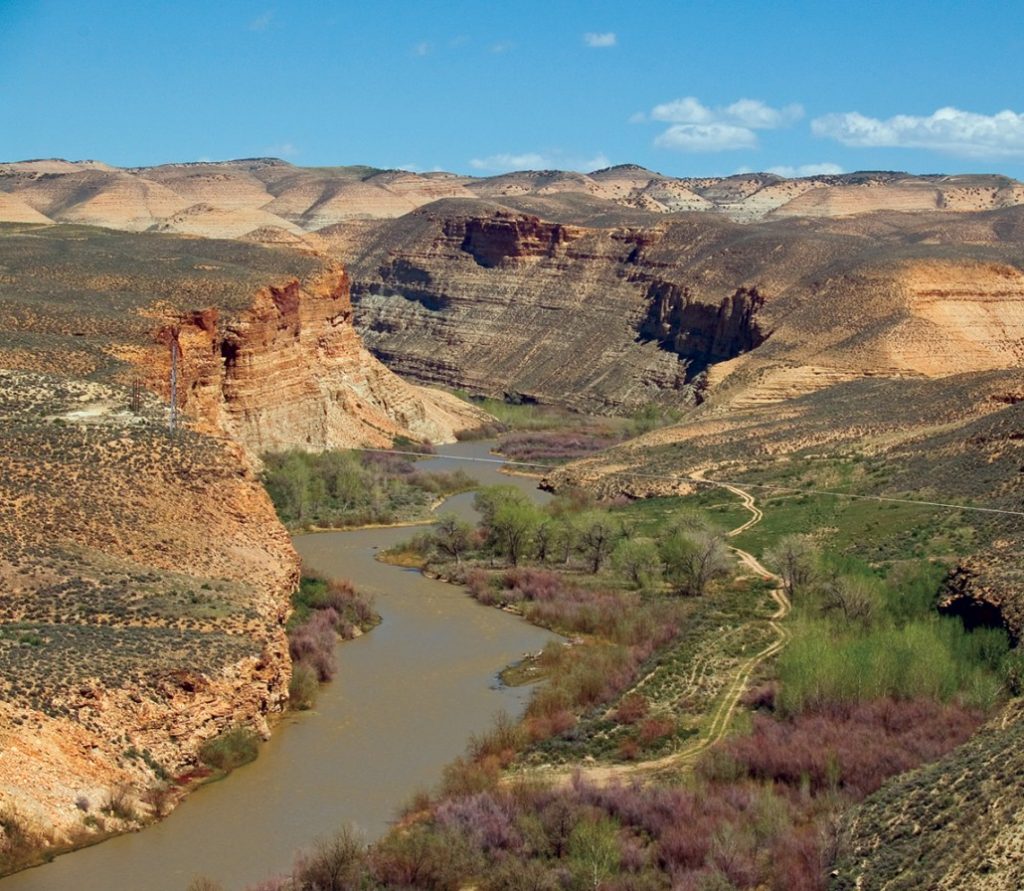It would seem reasonable to assume that someone with a four year degree in geology has all of the necessary scientific and geological experience necessary to qualify for work in either an independent research position or even as a geologist-in-residence within a university or other scientific research facility. This is simply not the case, however. Graduate school can be a highly enriching time in any field, but it is critical that graduate students have at least some working knowledge of the subject matter they will be studying. Graduate students must possess realistic expectations regarding the range of their work assignments, and they must understand that the only way to learn is by making it. Possessing a Bachelor’s degree in geology may grant a student access to some interesting research positions, but it does not guarantee that he or she will actually enjoy those positions or that the tasks assigned to him or her will be of substantial interest to him or her. Graduate school is a time of growth, and knowledge is acquired not cultivated.
Graduate students who desire to become exploration geologists need to understand that their work will not be confined to the laboratory. While a lot of the basic research in paleontology is done on land, there is also a good deal of study done in water. Graduate students need to have strong backgrounds in both disciplines if they are to succeed in this specialized area of study. It is common for young people to be drawn to the study of earth and nature because it allows them a unique window onto our planet’s past.
Graduate education requirements do not just limit one to becoming a paleontologist. Many geologists eventually move on to become ecologists, mineral scientists, or observe the effects of global climate on our earth. Even within the field of geology, there are grad students who choose to specialize. The types of courses required to become a paleontologist generally fall into two general categories. One of these focuses on assembling and comparing fossils that have been discovered; the other deals with building a complete understanding of dinosaurs.
Part of the requirements of the graduate school will include a dissertation. Most people who have been involved in scientific work in the past are familiar with this requirement. Determining the age of a specimen is an important part of the dissertation. Some students will opt to write their own dissertation, while others will opt to hire a professional to write it for them. As with most scientific work, the best writers are those who have extensive experience in the field. Some graduate schools require potential writers to submit a specific number of chapter and paper examples detailing their work.
The second major field of study required by most graduate schools is in the physical sciences. Geology typically falls into this category, although it is certainly not limited to it. If you decide to major in geology, you will need to take many of the same general science classes as any other student. This includes courses such as physics, chemistry, biology, and math.
If you are seeking a position as a geologist, you will need to be certified through a competitive examination. The American Society of Metabolic Biochemistry and Molecular Biology (ASMB) has an official geological seal that can be used as evidence for your candidacy. To be successful in the competitive exam, you will need to pass three years of graduate school, including a one-year internship. Once you have passed the exam, you will be a full-time graduate student eligible to take the exam for the second year in a row. Once you have completed the program and passed the test, you will be certified as a Graduate Student geologist.

